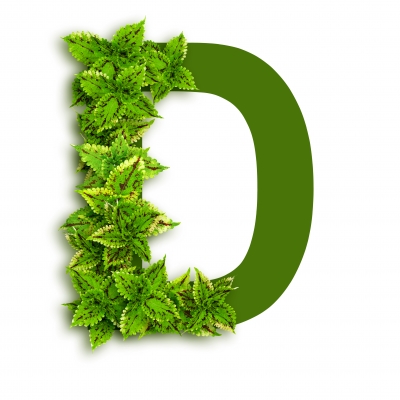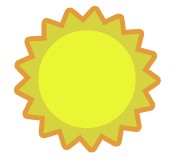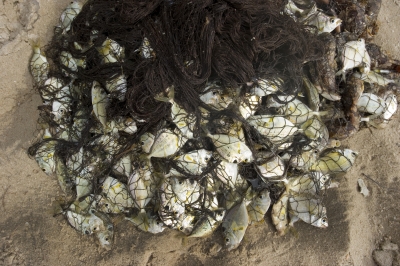You are currently browsing the category archive for the ‘Immunity’ category.
We hear a lot about Vitamin D nowadays. It has been linked to greater immunity, curing cancer, better mood, stronger bones, enhanced digestive health and the list goes on. There are more indications that skin cancer and breast cancer may occur in Vitamin D deficient people. This is seen in countries that have a population used to wearing sunscreen and also milk drinking populations (Vitamin D is reported to be found in milk and dairy products- especially butter). Lets have a look at what it does, where you can get it from and why you may need it. As a Naturopath and Nutritional Therapist I look at all of my clients individual needs before prescribing any supplement or food changes. It is recommended that you consult a professional Naturopath or Nutritional therapist before making any changes yourself.
What does it do?
Vitamin D plays a big role in bone growth and development (hence why Rickets may come from a Vitamin D deficiency- interestingly more cases are being seen because our kids are not outside as much and when they are they have sunscreen on so the skin is unable to produce vitamin from the UV rays) and in the absorption of calcium (why most calcium supplements will contain vitamin D). It also lays a vital role in healthy teeth and gum repair. Taking it alongside vitamin A has shown to boost the immune system and is used in cases with asthma and allergies. It is used in many autoimmune diseases, works by helping to maintain heart muscle action, blood-clotting and is very useful for those with Diabetes. It stops the over proliferation (over production) of cells so may be used by cancer patients. It also plays a role in helping muscle spasms to relax.
Where is it found?;
Vitamin D is stored in fat. This is one of the reasons that it may rise to toxic levels in your body. Unlike water soluble vitamins- fat stored vitamins do not get passed through your urine- they can be stored in the body and potentially clog up the liver. This is only really an issue if your body has a excess of fat, a insufficiency of nutrients necessary to break down and process the fat and also the mechanisms in place to utilise the fat for energy. Vitamin D also has several actions within the body which make storage necessary. It is made through the action of sunlight on your skin. It is also contained in eggs, oily fish (herring, tuna, cod, halibut), Fish liver oils (especially when fermented), butter and full fat milk (as it is stored in the fat- so skim milk doesn’t naturally contain it) and sprouted seeds.
How do we Make it?-For the skin to produce Vitamin D from sunlight you need the following to be working together- the skin, bloodstream, liver and kidneys. The skin ‘catches the UV rays and converts then into a cholesterol which is then converted in the liver and kidneys. (5 ways to be Safe in the Sun) The active form of Vitamin D is called D3 (which the kidneys will make) hence why we generally find this form in supplements. The darker your skin- the less Vitamin D you will produce. When Vitamin D is ingested, bile is needed to break down the fat it is stored in. A protein is then needed to carry it to the liver, where it is then stored till it is needed. The Vitamin D found in plant and meat sources is different because the fat they are in is different. Both plant and animal sources can be used – however the one contained in animal fat resembles our own more closely so requires a little less to convert it.
What should we take it with?- Vitamin D is best taken along side Magnesium and Calcium for bone and muscle health. However new studies suggest that Vitamin D must be taken with Vitamin K2 to maximise Vitamin D and Calcium’s roles and absorption.



